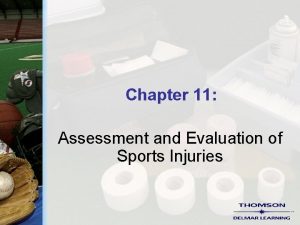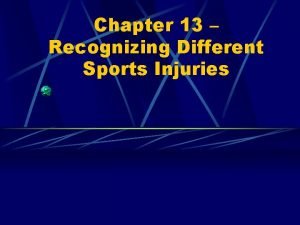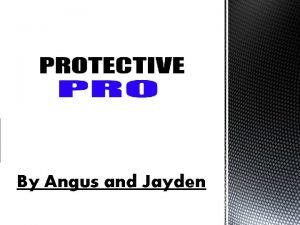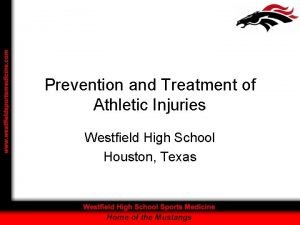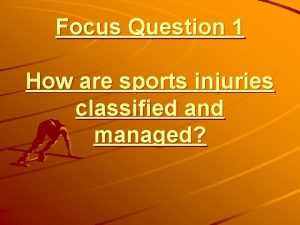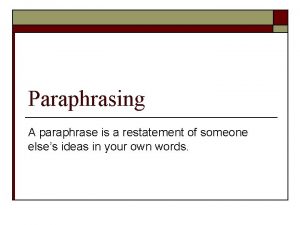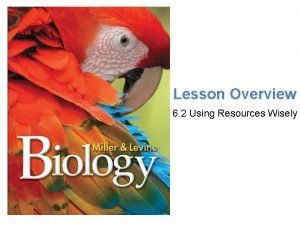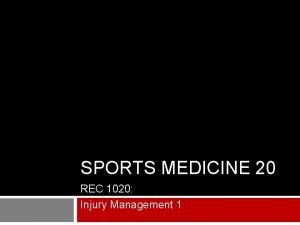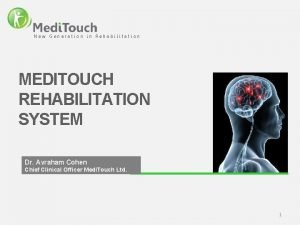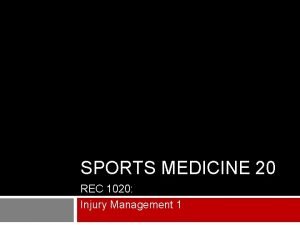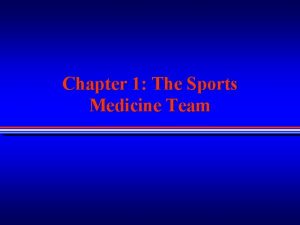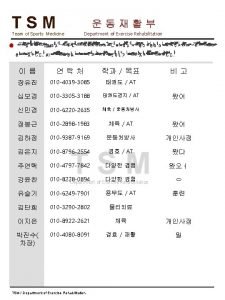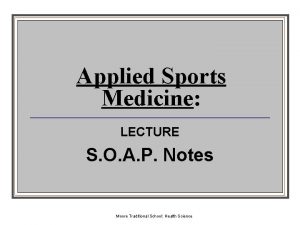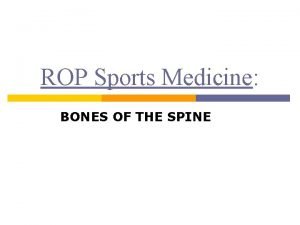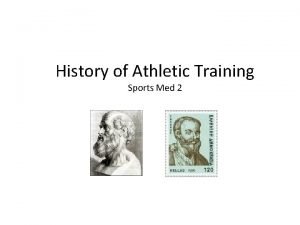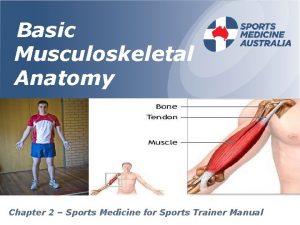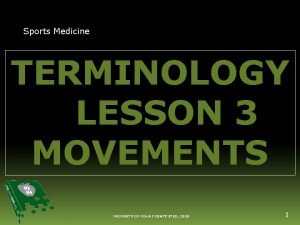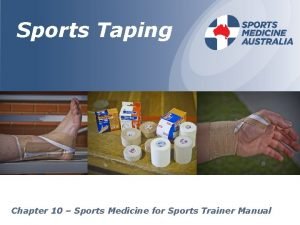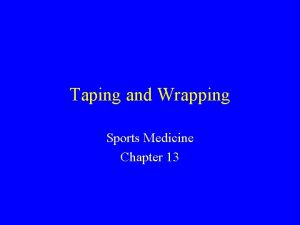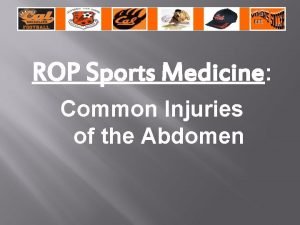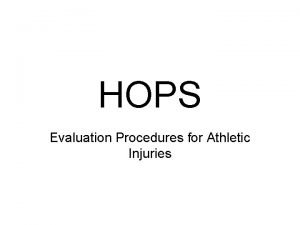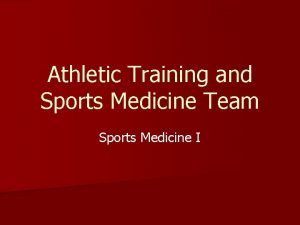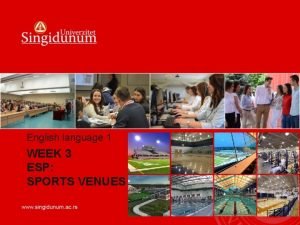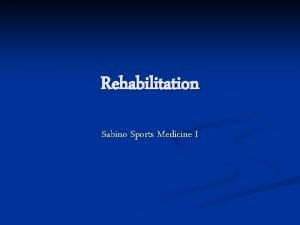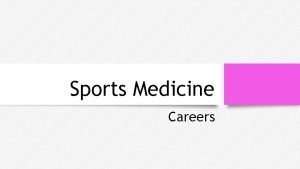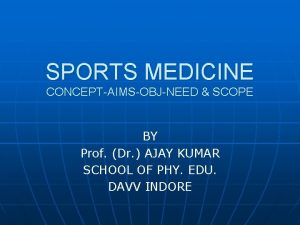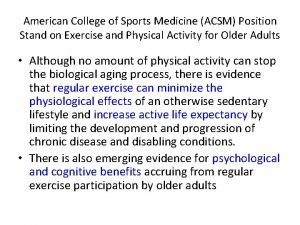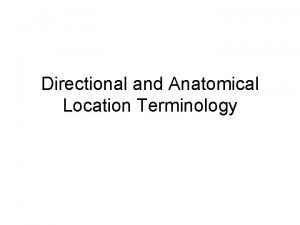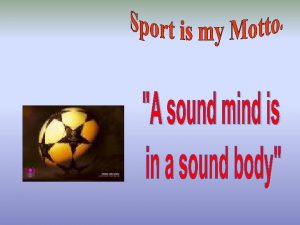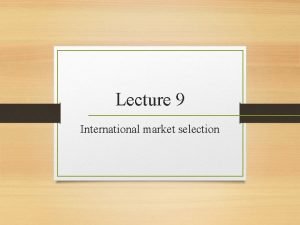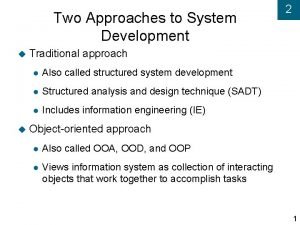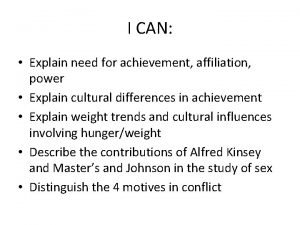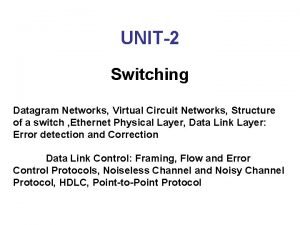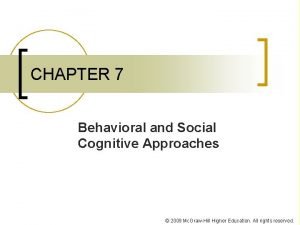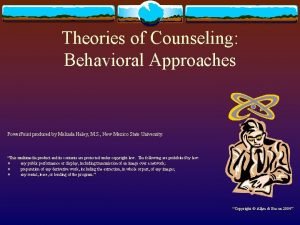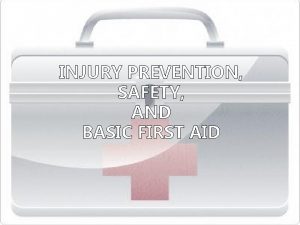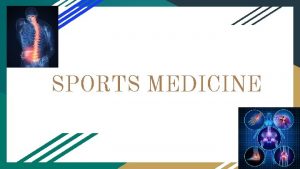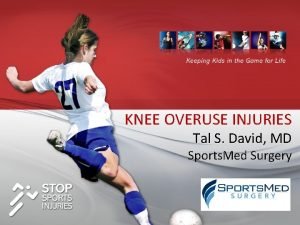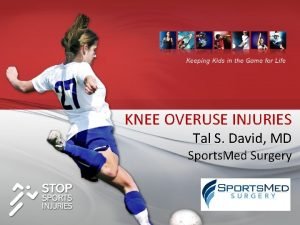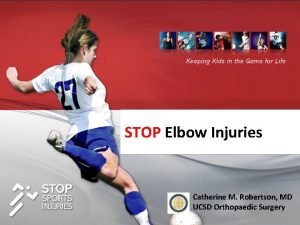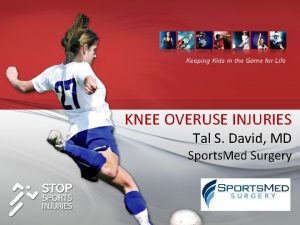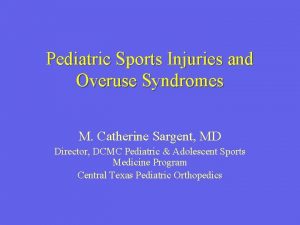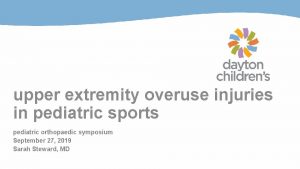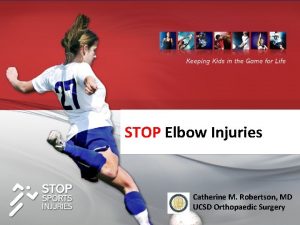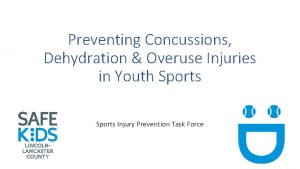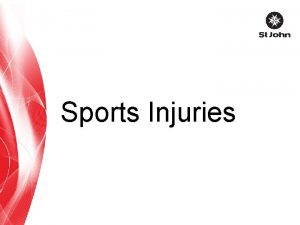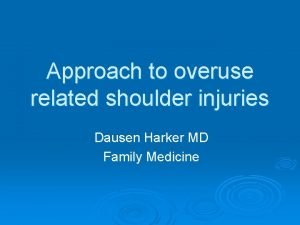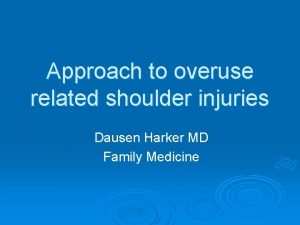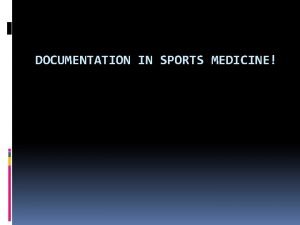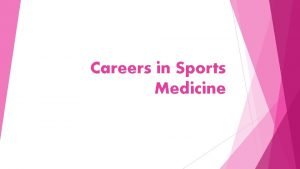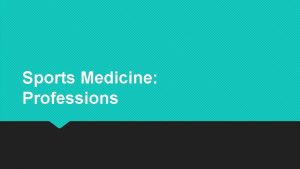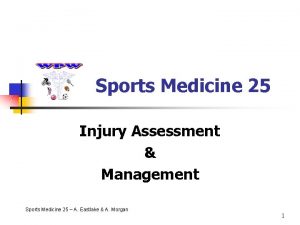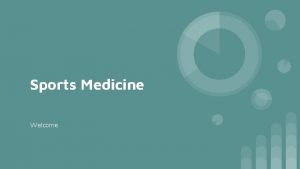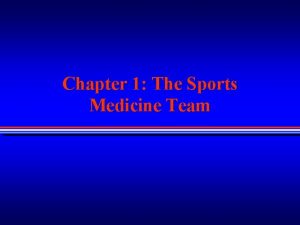A Sports Medicine Approach to Overuse Injuries in








































- Slides: 40

A Sports Medicine Approach to Overuse Injuries in the Workplace Presented by Jeffrey Pearson, D. O. San Marcos, California www. medicine-in-motion. com

Sportsmedicine u Medicine in motion

The “Industrial Athlete” u Applying the principles of sportsmedicine to the evaluation and treatment of injured workers.


The “Industrial Athlete” u Advantages v Faster, more efficient return to participation v enhances self-esteem of injured worker v Team physician concept


Humans are machines u Underlying structure u electrical system u plumbing u pulleys u energy plant u thermostat


Review of anatomy u bones v joints/synovial linings u ligaments u muscles/tendons v synovial sheaths


The Cycle of Overuse Overloading Tissue injury Continued activity Inflammation Pain Rest - healing


Overuse: force vs. time u Effects of force (intensity) v jumping from chair to floor v jumping from significant height u acute overuse

Overuse: force vs. time u Effects of time (duration) v walking around the block v hiking the Continental Divide u chronic overuse v cumulative trauma

Common types of overuse injuries u Tendons v de Quervain’s tenosynovitis v extensor tendonitis/lateral epicondylitis v rotator cuff impingement u Nerves v carpal tunnel syndrome v cubital tunnel syndrome

Common types of overuse injuries u Bone and joints v stress fractures v degenerative arthritis u Connective tissues v plantar fasciitis

Grading overuse injuries u Grade I (most mild) v symptoms occur generally only after activity or at night. u May keep hands under pillow.

Grading overuse injuries u Grade II v symptoms occur during activity, but do not interfere with performance of tasks.

Grading overuse injuries u Grade III v symptoms occur during activity and do interfere with performance.

Grading overuse injuries u Grade IV v symptoms so bad unable to use the affected part.

Treatment of overuse injuries u General principles v flexibility v strength v endurance


Treatment of overuse injuries u Acute phase v PRICES u Protection u Rest u Ice u Compression u Elevation u Support

Ice is Nice!

Treatment of overuse injuries u Grade I v Reduce intensity or duration of activity by 25%. More diligent stretching. Ice following activity. v Follow the 10% per week rule. u Sudden, excessive overtime is a sure-fire recipe for overuse complaints because the workers do not have an opportunity to build up their endurance prior to the extra work.

Treatment of overuse injuries u Grade II v Reduce intensity or duration of the activity by 50%. v NSAIA’s v Counterforce bracing v Consider physical therapy u flexibility, endurance, eccentric strengthening

Treatment of overuse injuries u Grade III v "Active" rest: the worker should stop performing the offending tasks, but is allowed to move the affected part for his daily activities. v Physical therapy v Consider steroid injection

Treatment of overuse injuries u Grade IV v Complete rest of the affected part, usually involving the use of some sort of sling or splint v If all else fails, consider surgical options.

Sports Medicine Pearls u Healthy people perform better than sick people. v Difficult to win Super Bowl with team of injured athletes u Athletes perform better when using the right equipment v Difficult to run marathon if shoes too big or too small


Sports Medicine Pearls u Training/conditioning v Should progress gradually v Example: return to running program u cycling 45 minutes u walk 2 miles in 30 minutes u alternate jogging/walking u gradually increase speed/intensity/distance – increase by 10% per week maximum

Sports Medicine Pearls u Training/conditioning v In the workplace, consider: u Increase duration of a specific task gradually, e. g. an hour/day/week. u alternating tasks/departments every few hours.

Sports Medicine Pearls u Work smartly with proper ergonomics v concept of neutrality


Sports Medicine Pearls u Maintain flexibility v stretches every 2 hours (approximately) v slow and controlled movements

Sports Medicine Pearls u Decrease unnecessary forces to body v footwear u Vibram rubber soles v shock mats

Summary u We have only one body/machine that needs to last us for our entire lifetime. u Taking good care of the machine helps to ensure that it will not break down as much and last a long time.


Thank you! (And enjoy your stay in San Diego!)

 Chapter 11 assessment and evaluation of sports injuries
Chapter 11 assessment and evaluation of sports injuries Chapter 13 worksheet recognizing different sports injuries
Chapter 13 worksheet recognizing different sports injuries Sports injuries angus, on
Sports injuries angus, on Westfield sports injuries
Westfield sports injuries How are sports injuries classified and managed
How are sports injuries classified and managed Summary writing examples
Summary writing examples Olbas inhaler overuse
Olbas inhaler overuse The process of using resources wisely is called
The process of using resources wisely is called Orec-1020
Orec-1020 Meditouch clinic
Meditouch clinic Objective of sports medicine
Objective of sports medicine Sports medicine team project
Sports medicine team project Sports medicine meaning
Sports medicine meaning Sports medicine team definition
Sports medicine team definition Athletic training soap note example
Athletic training soap note example Rop sports medicine
Rop sports medicine Herodicus of megara
Herodicus of megara Chapter 2 sports medicine
Chapter 2 sports medicine Sports medicine terminology
Sports medicine terminology Sports medicine taping techniques
Sports medicine taping techniques How to wrap a thumb with athletic tape
How to wrap a thumb with athletic tape Rop sports medicine
Rop sports medicine Hops athletic performance
Hops athletic performance Sports medicine umbrella
Sports medicine umbrella Esp sports medicine
Esp sports medicine Meditouch sports medicine
Meditouch sports medicine Sports medicine careers
Sports medicine careers Scope of sports medicine
Scope of sports medicine H.o.p.s sports medicine
H.o.p.s sports medicine Acsm position stand
Acsm position stand Flexion adduction internal rotation
Flexion adduction internal rotation Indoor sports and outdoor sports
Indoor sports and outdoor sports Shower approach in international marketing
Shower approach in international marketing Traditional development approach
Traditional development approach Multiple approach avoidance conflict
Multiple approach avoidance conflict Deep learning approach and surface learning approach
Deep learning approach and surface learning approach Difference between datagram and virtual circuit switching
Difference between datagram and virtual circuit switching Cognitive approach vs behavioral approach
Cognitive approach vs behavioral approach Theoretical models of counseling
Theoretical models of counseling Approach research meaning
Approach research meaning Injury prevention, safety and first aid
Injury prevention, safety and first aid
